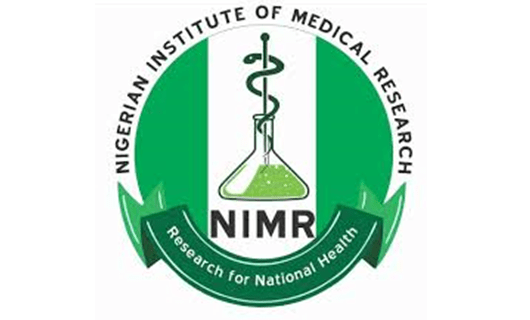Syndicate Bio Signs partnership with the Nigerian Institute of Medical Research for Drug Discovery
The Nigerian Institute of Medical Research [NIMR], Nigeria’s top government research institution, and Syndicate Bio, a platform biotech driving genomics and precision medicine initiatives across the world’s most genetically diverse regions, have signed an important Memorandum of Understanding [MoU]. This historic collaboration paves the way for groundbreaking genomic research on infectious and non-infectious diseases with the goal of better understanding the diseases that plague Nigeria, the continent’s most populous country, as well as discovering potential therapeutic targets.
Syndicate Bio, which was founded in 2023 by Dr. Abasi Ene-Obong and Drs. Jumi Popoola and Estelle Dogbo, is quickly establishing itself as a major leader in the field of genomics research. Following its recent launch, the company hopes to establish extensive alliances with governmental entities, major pharmaceutical companies, academic and research organizations, and other stakeholders. Through the use of genomic technology, these collaborations will transform the local healthcare system through precision medicine while also producing priceless datasets that are essential for increasing efforts at drug discovery and development. In keeping with its dedication to advance healthcare via innovation, Syndicate Bio will make use of NIMR’s capabilities for infectious and non-infectious diseases, including their cutting-edge patient clinics and laboratories, both on NIMR’s property and throughout their partner networks.
In Africa, it is unusual for a commercial and a government-run public institution to work closely together on drug research. The NIMR, which was created by an Act of Parliament in 1977, has led numerous investigations and won various levels of national and international funds, solidifying its position as the cornerstone of medical research in Nigeria. In collaboration with federal and state ministries, universities, national and international partners, including Syndicate Bio, NIMR plays a crucial role in creating workable structures for disseminating research findings as well as in providing an environment that supports health research and training.
By handling the data and samples produced by the research programs, NIMR will provide strong ethical monitoring through its internal ethics body and the National Health Research Ethics Committee [NHREC] in a significant move that supports ethical and national interest.
Dr. Abasi Ene-Obong, the founder and CEO of Syndicate Bio, said on the partnership: “After operating in stealth mode for several months, today represents a turning point for Syndicate Bio. We can move from being covert to having a real influence thanks to the Memorandum of Understanding we signed with the Nigerian Institute of Medical Research, enabling inclusive developments in African genomics. This collaboration creates the foundation for a time when everyone may access precision medicine, validating Syndicate Bio’s goal of creating moral and revolutionary coalitions.
The relationship between the Nigerian Institute of Medical Research and the recently founded Syndicate Bio is a testament to what can be accomplished when public research institutions and private innovators work together, said Professor Babatunde Lawal Salako, Director General and CEO of the NIMR. NIMR aspires to contribute its extensive, comprehensive experience in infrastructure and genomics to the effective execution of this crucial collaborative effort. We will work together to take advantage of the genetic diversity found in Nigeria and use it to create ground-breaking healthcare solutions for both the local population and the global community.
Beyond ground-breaking research, Syndicate Bio and NIMR are actively working to support the scientific future of Africa. Through this collaboration, the two institutions will start specific capacity-building projects aimed at fostering young researchers in Nigeria and giving them access to cutting-edge knowledge in genomics and molecular science. The collaboration therefore sets up the subsequent generation of scientists for achievement in a highly competitive industry on a worldwide scale.
“Our strategic alliance with NIMR not only raises the bar for public-private cooperation in drug discovery, it also serves as an urgent call to action to invest in Nigeria’s upcoming generation of scientists,” says Dr. Ene-Obong in his conclusion. In collaboration with NIMR, we’ll set up a training program for aspiring molecular biologists, geneticists, and genomicists in Nigeria, giving them the skills they need to shape the continent’s scientific narrative.




